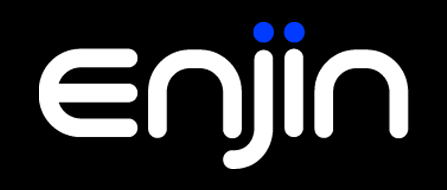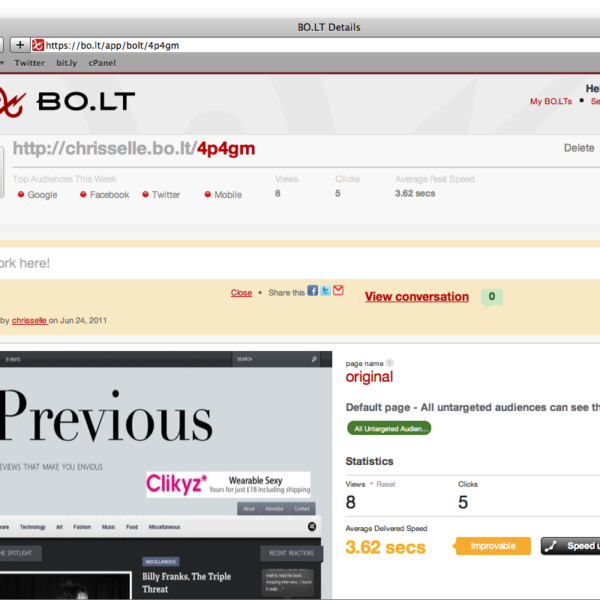Search Engine Optimization (SEO) is all about how content ranks on search engine results pages also known as SERPs. Therefore, knowing how the search engine process works is crucial to directing traffic to your site.
The vast majority of people only click results on the very first page of search engine results. Therefore, a high ranking on these results is essential, to say the least.
One thing most people do not understand is how search engine optimization works behind the scenes. There is a lot that has to happen before your site starts ranking high among search engine results.
When a user types a query into the search bar of a search engine like Google or Bing, the companies use an algorithm to evaluate how sites and pages will be ranked on search engine results. There are hundreds of factors that the algorithm considers so that it can rank competing sites and pages on search engine results.
In this article, we’ll tackle the elements of what happens behind the scenes before your website is ranked on Search engine Results Pages.
Keywords
The words people type into a search engine search bar are what will be used to identify if your website or the page has an accurate response to their query. These words are referred to as keywords.
Not all words typed into a search bar are keywords. Keywords are the main words that describe what the query is all about. Keywords usually include words describing a location, a brand name, product name, a person’s name, or a certain attribute of the target population. Such words are unique and easily identifiable. Examples of keywords include the Sydney Stadium, skinny jeans, and wedding presents. When someone searches for these keywords, the algorithm will match them to words on thousands of sites and pages. The search engine will typically look for these words in the first 100 words of your page or website.
The search engine may also select your page if these keywords are set as your SEO St George preferences.
Metadata
Whenever you search for anything on Google, you will see a description right under the webpage or website’s link. The description is called the meta description.
If you want your website to rank high in SERPs, you should ensure that it sounds as professional as possible. The search engine will also rank you higher if your meta description includes the keywords that are being searched.
For the meta description to be ranked high by Google, it should be less than 160 characters. It should also contain at least one keyword.
Your webpage title also affects your ranking on SERPs. Google’s algorithm is programmed to cut off long titles from search engine results.
You should write a title with a maximum of 70 characters. You should shoot for a title with 50 to 60 characters. Moreover, your URL should be as concise as possible and include the relevant keywords.
Photo tags are also an important meta detail. They should contain keywords and a brief description.
Links
External links are crucial to the background process of SEO. In fact, they are how Google finds your site in the first place. Adam White of SEO Jet says a backlink software is vital in this regard. It will efficiently help you manage your website links.
On the other hand, internal links help Google paint a more accurate picture of your site. Therefore, the search engine will not miss any of your pages.
The Google Index
Google has the world’s largest collection of websites in its library. To find new pages, it uses website crawls. It does so to find out exactly what is on those websites and webpages to index them as you would mark a page in a very large book.
Google’s Index includes meta details, photos, text, videos, locations, and links of each website. When anyone searches for anything on Google, the search engine retrieves the results most pertinent to the Index.
Google creates the Index using a very intriguing process called site crawling. It does so using website crawlers particularly one called Google Bot.
Google Bot is always crawling over the internet like a spider on a net to find any novel elements. The software starts by combing through sites it has already registered. Anything that is not registered is considered new and added to the Google Index. It then finds links to connect them to other sites.
What Happens in a Google Search?
A Google search begins well before you type anything into the search bar. As you have seen above, Google first has to index as much information on the internet as possible and index it. The Google Index currently measures over 100 million gigabytes.
As soon as you start searching Google’s algorithm goes to work on finding the results. That is what is usually referred to as Google Instant.
The algorithm utilizes over 200 signals, including keywords, meta details, and links to come up with the most relevant responses to your search. The signals include the relevance of, how current and well written your content is.
Google is always making changes to its algorithm to make it more accurate. It is estimated that over 500 improvements are made annually. The reason is that they have to stay updated since about 16% of searches performed daily on Google are brand new.
The search engine tries to portray the results as quickly as possible using Google Instant. You can also preview the pages you want to see on the search engine results by hovering your mouse to the right of the results. Google utilizes a system called PageRank to determine how high your site will rank on SERPs. It uses hundreds of signals, including the amount of traffic and the number of external links.
As you can see there is plenty that goes on behind the scenes when you search for something on Google. It is especially so if you consider that sites are trying to improve their SEO. Increasing your site traffic, including keywords and adhering to meta detail guidelines all influence your SEO. It may seem like much to handle, but the results are worth the effort.





Like this article? Share with your friends!